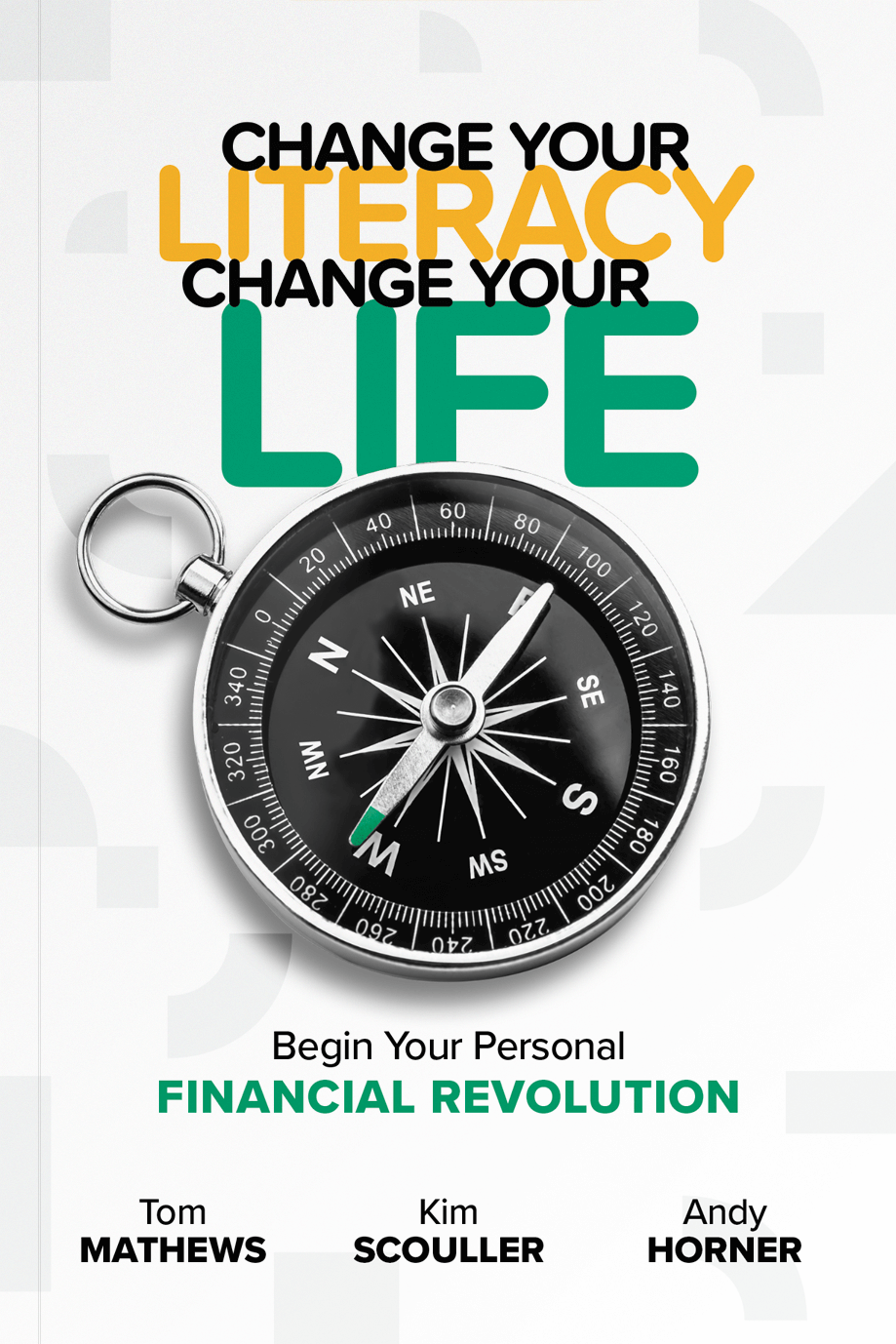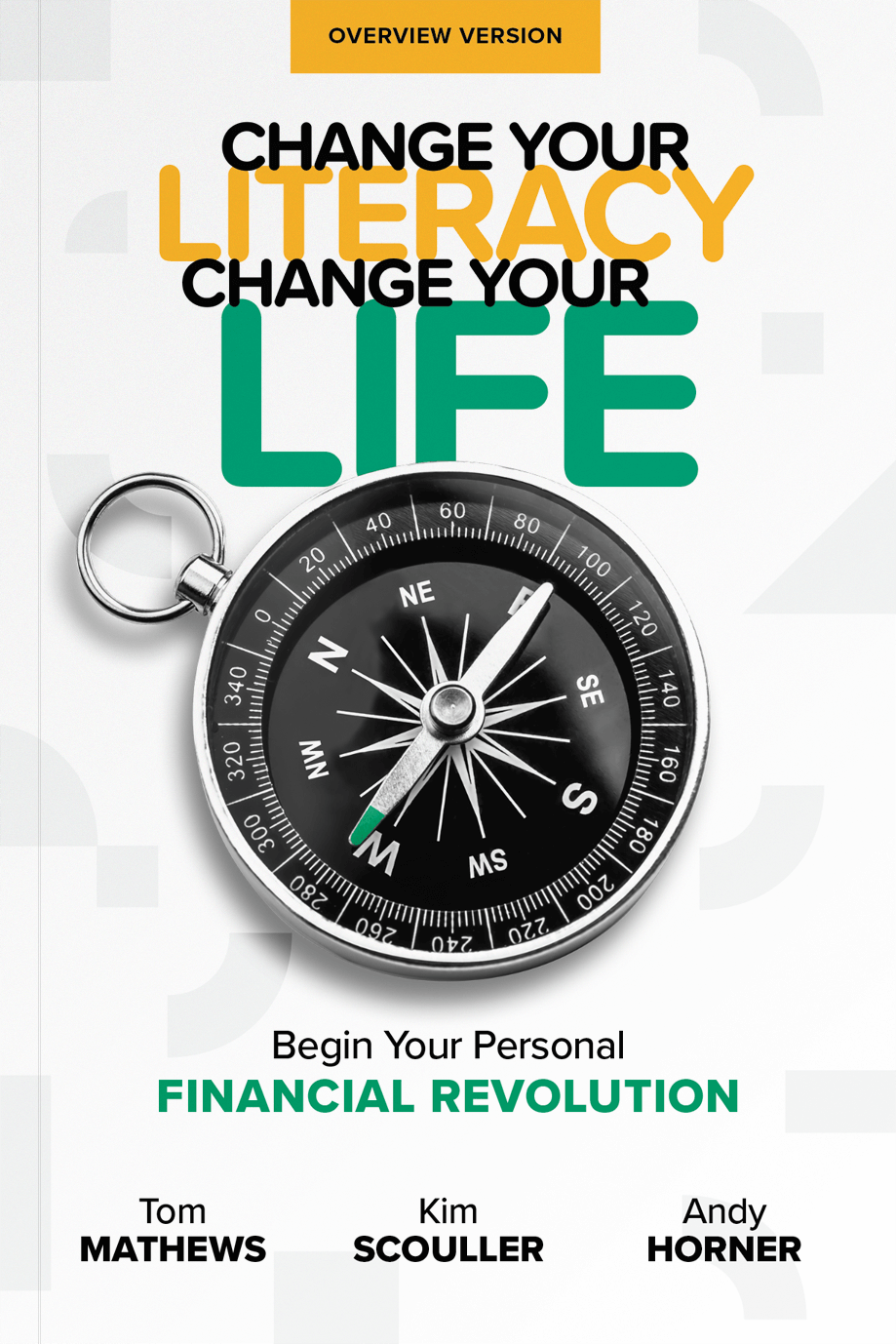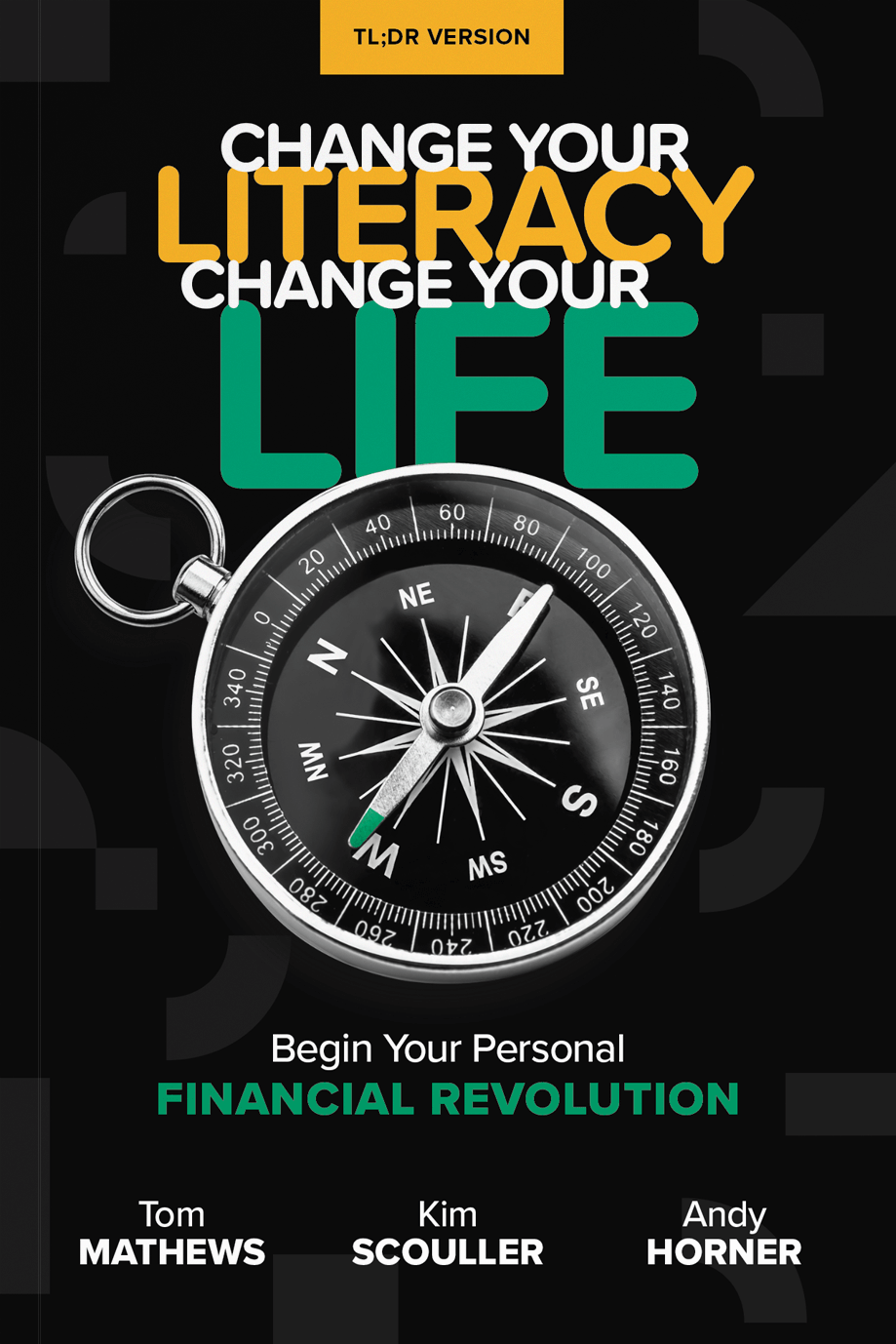.png)



Information on personal finance is abundant everywhere you look. From detailed guides on budgeting and investing to advice on debt management and retirement planning, the resources available to enhance financial literacy are virtually limitless. Yet, despite the widespread availability of this valuable information, many individuals struggle to achieve financial stability. This paradox underscores a fundamental truth: financial literacy is crucial, but it is only effective when coupled with a plan and action.
The Importance of Financial Literacy
Financial literacy refers to the understanding of various financial areas including managing personal finance, money and investing. It empowers individuals to make informed decisions about their money, from everyday choices about spending and saving to long-term decisions about investment and retirement. The advantages of financial literacy are clear: it enables better budget management, reduces financial stress, and increases the likelihood of achieving financial stability.
Knowledge Alone Is Not Enough
While gaining financial knowledge is a critical step towards financial empowerment, it is not sufficient by itself. Knowledge must be transformed into action. Without application, the most sophisticated financial strategies and principles remain theoretical and fail to impact an individual's financial health.
The Gap Between Knowledge and Action
Several factors contribute to the gap between acquiring financial knowledge and implementing it:
- Procrastination: Many people put off financial planning and investment due to fear, uncertainty, or the belief that it can always be handled later.
- Overwhelm: The vast array of financial instruments and strategies can be daunting, causing paralysis rather than action.
- Lack of Specific Goals: Without specific financial goals, it is challenging to apply general knowledge in a meaningful way.
- Behavioral Barriers: Emotional spending, lack of discipline, and other behavioral factors often impede the practical application of financial knowledge.
Bridging the Gap: Turning Knowledge into Action
The key to bridging the gap between knowledge and action in financial literacy lies in targeted, manageable steps:
- Start with a Plan: Begin by outlining clear, achievable financial goals. Whether it's saving for a down payment, investing in companies, or paying off debt, specific goals provide a tangible target to work towards.
- Implement Budgeting: Use budgeting tools to keep track of spending and manage finances efficiently. A budget creates a framework for decision-making and helps enforce discipline.
- Automate Finances: Automating savings and investments can help overcome procrastination and ensure consistent financial growth.
- Seek Accountability: Sharing goals with a partner or financial professional can increase accountability and encourage adherence to financial plans.
- Educate Continuously: Stay updated with financial news and continue educating yourself about financial products and strategies. Ongoing education helps refine strategies and adapt to changing financial landscapes.
Working with a Financial Professional: An Easy First Step
For many, figuring where to start can be overwhelming, especially when it comes to applying the knowledge they’ve gained. In such cases, consulting a financial professional can be an excellent first step towards turning knowledge into action. Working with an expert offers several benefits and can significantly simplify the process of financial management.
Benefits of Consulting a Financial Professional
- Personalized Advice: Financial professionals can provide tailored advice based on your unique financial situation, goals, and risk tolerance. This personalized approach helps in crafting strategies that are more likely to succeed because they are designed specifically for you.
- Complexity Simplified: They are adept at breaking down complex financial concepts and products into understandable terms. This can be particularly helpful for those who find the world of finance daunting or are new to financial planning.
- Accountability: Regular meetings with a financial professional ensure that you stay on track with your financial goals. They serve as a constant reminder of your financial commitments and help maintain your focus on long-term objectives.
- Access to Resources: Financial professionals often have access to tools and resources that may not be readily available to the general public. This can include advanced market research, financial planning software, and wider range of investment vehicles.
- Emotional Detachment: One of the biggest challenges in financial decision-making is emotional bias. Financial professionals offer an objective perspective, making it easier to make decisions based on sound financial reasoning rather than emotions like fear or greed.
Getting Started
Financial literacy is a powerful tool, but its true value is realized only when translated into action. By bridging the gap between knowledge and practical application, individuals can not only enhance their own financial wellbeing but also contribute to the overall economic health of society. As the adage goes, "A journey of a thousand miles begins with a single step." In financial literacy, that step is moving from knowledge to action.

.png)
.png)




